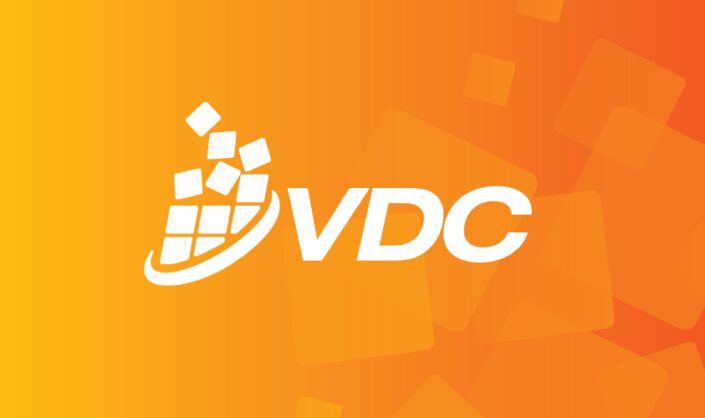Analysing VET regulation, regional education, and readiness for post-school education and training

The who, where and how?
There are three inquiries a foot that bare, one way or another, on the roles, responsibilities and interests of VET professionals and Australia’s VET providers.
- Review of national vocation education legislation
- Review into regional, rural and remote education
- Inquiry into school to work transition
-
Review of national vocational education legislation
The ‘Review of the National Vocational Education and Training Regulator Act 2011’ comes with a Fact Sheet (2 pages) that sets out five objectives, including ‘shifting the regulatory framework towards outcomes-based regulation’ and ‘ensuring adequate information is available to support VET consumers’ choices regarding training.’
A shift to outcomes-based regulation will mark a substantial shift from current regulatory arrangements that emphasise providing evidence of compliance against standards.
Under the thoughtful direction of Professor Valerie Braithwaite from the Australian National University, the Review report to the Commonwealth government is expected by the end of 2017. Submissions are invited until 18 August. There are seven specific questions, including:
- What are the principles that should drive the business plan of a quality VET provider?
- How could quality be effectively measured and reported as part of an outcomes-based approach to regulation? What is the best way to measure student outcomes?
- What measures can be taken to give students, parents and communities a stronger voice in the regulation of VET?
-
Review into regional, rural and remote education
Also due by year’s end is a report by Professor John Halsey on the ‘Independent Review into Regional, Rural and Remote Education.’ The Review’s scope includes investigating:
- the key barriers and challenges that impact on the educational outcomes of regional, rural and remote students, including aspirations and access issues
- the gaps and opportunities to help students successfully transition from school to further study, training and employment
- innovative approaches that support regional, rural and remote students to succeed in school and in their transition to further study, training and employment.
The Review opened the door to public comment via a Discussion Paper (59 pages) released in mid-July. It sets down the challenges and invites interested parties to describe responses they know have worked, or they think are worth testing.
Among the challenges is to boost education attainment in regional Australia (see VDC News 2 May, Data from the bush underlines VET’s importance to regional prosperity). Halsey’s Discussion Paper makes several observations relevant to VET:
- For VET, non-metropolitan participation rates are comparable with urban rates and completion rates for Certificate 3 exceed urban (38% compared to 35%), but at the diploma level the situation is reversed (10% compared to 16%)
- The national statistics raise important questions about innovative ways to increase VET and university qualification rates with courses and programs that enhance graduates’ capacities to create employment opportunities.
The Review is interested to gather views about matters like how to kindle recognition of the value in completing a tertiary qualification, and how to improve the take up of VET-higher education pathways. Online submissions are invited until 29 August.
-
Inquiry into school to work transition
The House of Representatives Standing Committee on Employment, Education and Training set out its brief in a media release on 7 June. The Committee’s Chair, Andrew Laming MP, noted:
‘It is crucial for teachers, students, parents and the wider Australian community to know that schooling does support students to prepare for post-school education and training. It is important that, as much as possible, students pick courses that will gain them employment and that this decision is supported by knowledge of employment outcomes.’
It seems the Committee’s inquiry has close affinities with aspects of the work the Braithwaite and Halsey inquiries are undertaking. This Inquiry is now accepting online submissions.








